AI Answer Evaluation Platform Live Now. Try Free Answer Evaluation Now

Language and Mind
"Language is the road map of a culture. It tells you where its people come from and where they are going."
+91-7303290503, +91-9557169661 | MON to SUN 10:00 AM - 6:00 PM
"Exploring the Diversity of Human Culture: Insights from Anthropology"

"Language is the road map of a culture. It tells you where its people come from and where they are going."

Ward Hunt Goodenough (1919–2013) was a distinguished American cultural anthropologist, best

Roy Goodwin D'Andrade was a seminal American cultural anthropologist, widely acknowledged as one
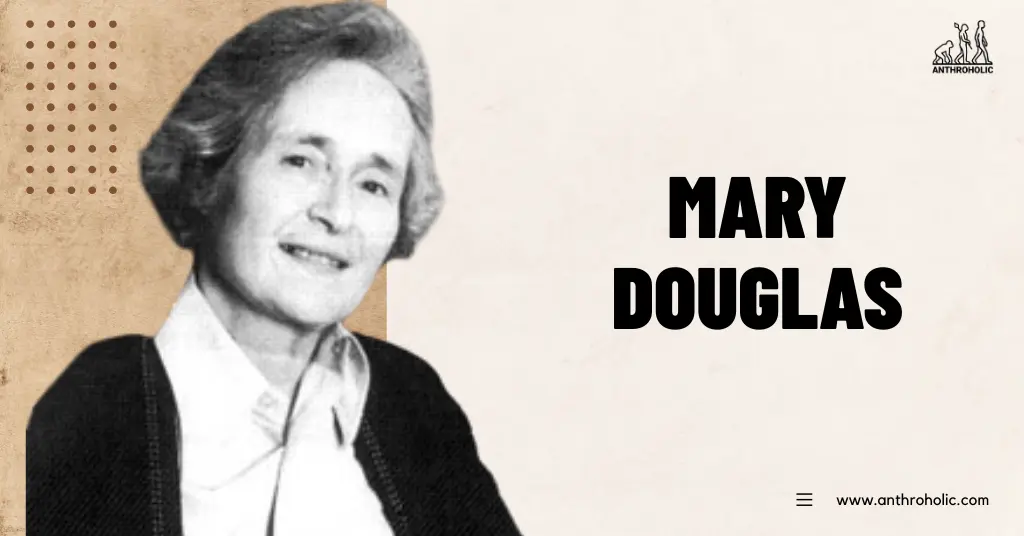
Dame Mary Douglas (1921–2007) was a distinguished British social anthropologist best known
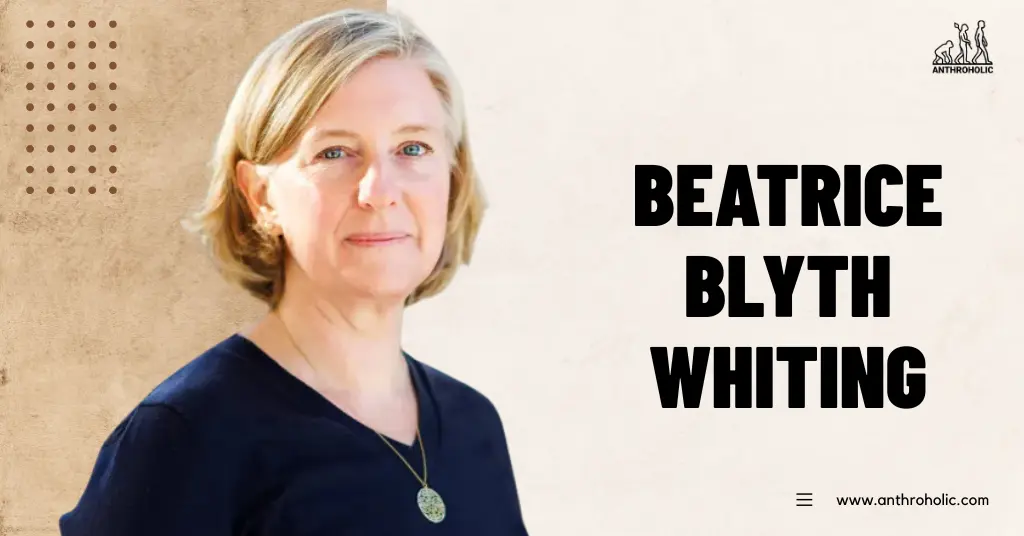
Beatrice Blyth Whiting (1914–2003) was an eminent American cultural anthropologist and developmental psychologist, renowned for her pioneering
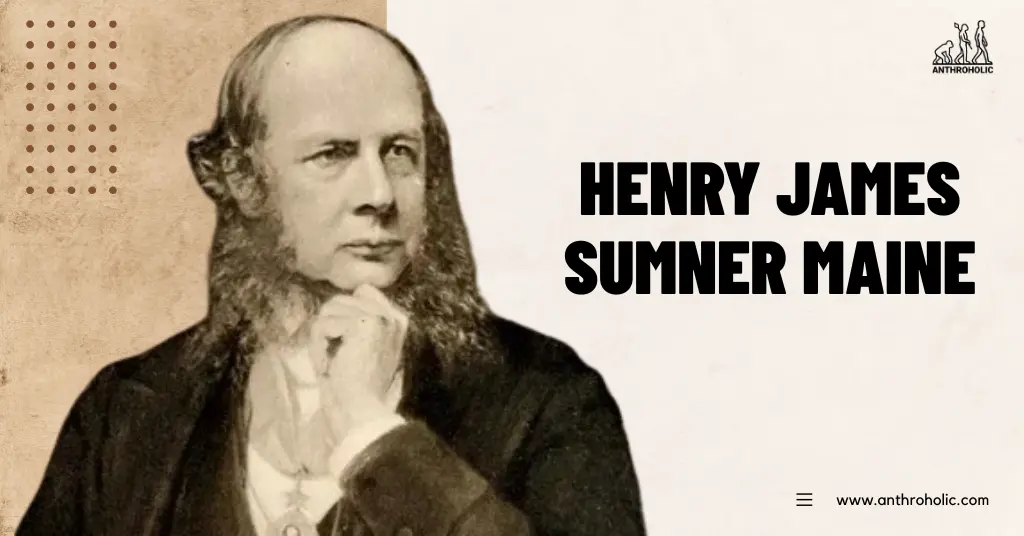
Sir Henry James Sumner Maine occupies a distinguished place in the intellectual history of law and anthropology as one of the

S.S. Sarkar (1908-1969) was a prominent Indian
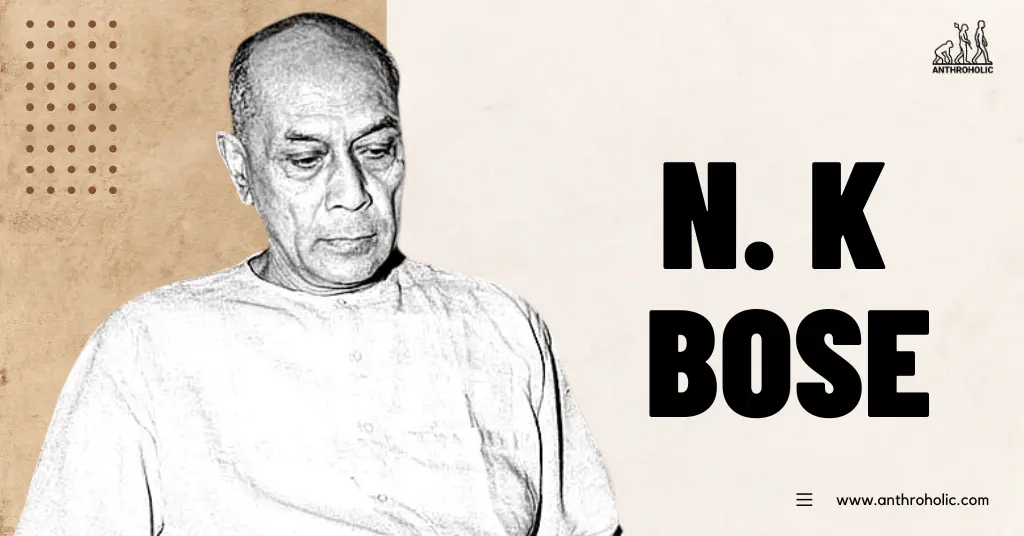
N. K Bose (1901–1972) stands among the most influential figures in Indiananthropology and sociology

In the early 20th century, as Indian intellectual thought began to engage deeply with its own complex social realities, S.C Roy emerged
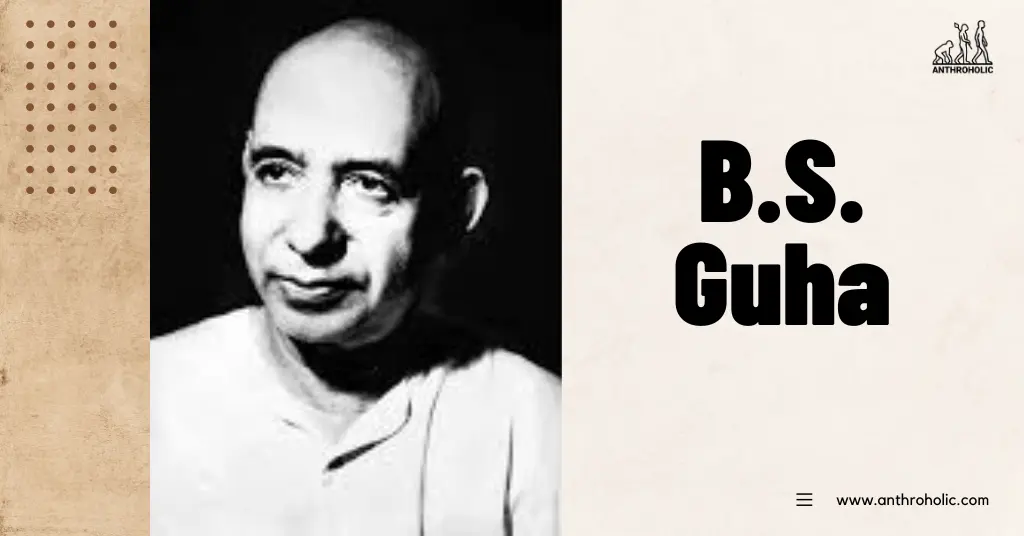
Baidyanath Saraswati Guha (commonly known as B.S. Guha) was one of the pioneering figures of Indian anthropology and physical anthropology in particular.

Fingerprint bureaus national, regional and international agencies that collect

Marriage among tribal societies is not a single, uniform